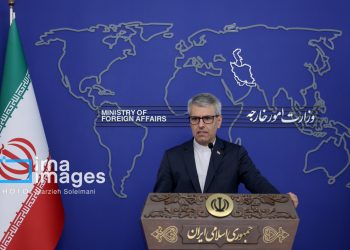Corruption has been a long-standing problem in Pakistan, which has greatly damaged the country’s democratic institutions and the well-being of its citizens.
Today we will try to give an overview of the negative effects of corruption on the democratic society of Pakistan and the damage it has caused to the country while Pakistan has been in the grip of corruption for decades.
Lack of transparency and accountability in the country’s political and administrative system has led to widespread corruption in its democratic institutions. Political leaders, bureaucrats and other influential figures have used their power and influence to amass wealth and use the system for personal gain, leading to a decline in public confidence in the government and its institutions.
Corruption has also damaged Pakistan’s democratic process. Elections in the country are often marred by rigging and other forms of corruption in the voting process, resulting in a loss of public confidence in the electoral process.
The rigging of elections by the political elite and the use of money to influence political outcomes also led to the emergence of a few elite political dynasties in the country, where political power is passed down from generation to generation. Today, the situation is so bad. It has happened that a common man of the country is afraid to even dream of becoming a politician.
Corruption has greatly damaged the democratic society of Pakistan, resulting in many negative consequences for the country and its citizens, which have become the need of the hour to consider.
From an economic point of view, corruption has had a devastating impact on the economy of Pakistan, resulting in billions of dollars in losses to the national treasury. By using public funds for their corruption, the country is gradually deprived of much-needed resources for development and as a result now it is on the verge of bankruptcy.
National resources are being wasted. Funding for critical sectors such as health and education is shrinking. Corruption has also harmed foreign investment in the country due to which the dream of economic development has been dashed.
Corruption also had negative effects on the social fabric of Pakistan. Lack of access to basic services such as health, education and clean water has left large sections of the population backward, increasing poverty and inequality. Corruption has given rise to a culture of impunity, where powerful elites enjoy arbitrary benefits, which has also eroded public confidence in the justice system.
Corruption has also damaged the democratic institutions due to which people are not ready to trust the government and political system. Manipulation of elections, lack of transparency in government and the emergence of political dynasties have eroded public confidence in the democratic process. Corruption has also given rise to extremist groups in the country, who use corruption as a weapon to undermine the legitimacy of the government.
As a nation, the effects of corruption on Pakistanis are far-reaching. Corruption has created a sense of disenfranchisement among the masses. Lack of access to basic services and marginalization of large sections of the population has led to increased poverty and inequality. Corruption has also eroded the country’s social fabric, leading to a lack of social cohesion and a rise in extremism.
It is the need of the hour for the government to come to its senses and create a justice system and a corruption-free environment in the country’s institutions, judiciary and legislature while ending the growing corruption and nepotism.


























